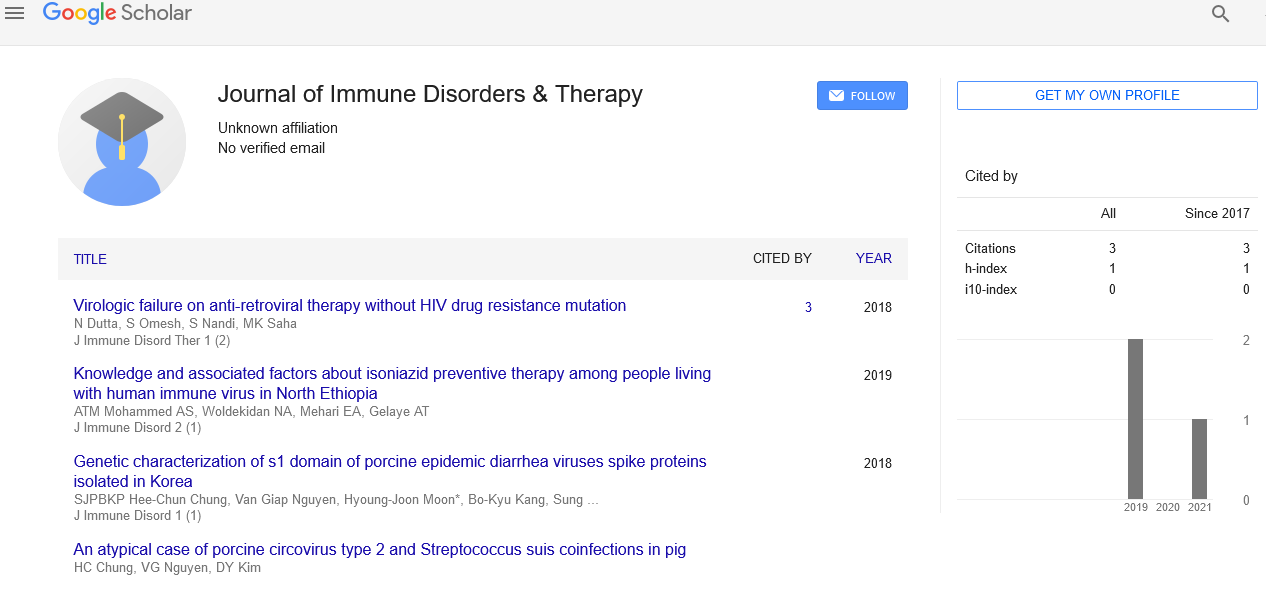
Sign up for email alert when new content gets added: Sign up
Abstract
SARS-CoV-2 Infection Impacts Carbon Metabolism and Depends on Glutamine for Replication in Syrian Hamster Astrocytes
Author(s): Jean Pierre PeronCoronaviruses belong to a well-known family of enveloped RNA viruses and are the causative agent of the common cold. Although the seasonal coronaviruses do not pose a threat to human life, three members of this family, i.e., SARS-CoV, MERS-CoV and recently, SARS-CoV2, may cause severe acute respiratory syndrome and lead to death. Unfortunately, COVID-19 has already caused more than 4.4 million deaths worldwide. Although much is better understood about the immunopathogenesis of the lung disease, important information about systemic disease is still missing, mainly concerning neurological parameters. In this context, we sought to evaluate immunometabolic changes using in vitro and in vivo models of hamsters infected with SARS-CoV-2. Here we show that, besides infecting hamster’s astrocytes, SARS-CoV-2 induces changes in protein expression and metabolic pathways involved in carbon metabolism, glycolysis, mitochondrial respiration, and synaptic transmission. Interestingly, many of the differentially expressed proteins are concurrent with proteins that correlate with neurological diseases, such as Parkinsons's disease, multiple sclerosis, amyotrophic lateral sclerosis, and Huntington's disease. Metabolic analysis by high resolution realtime respirometry evidenced hyperactivation of glycolysis and mitochondrial respiration. Further metabolomics analysis confirmed the consumption of many metabolites, including glucose, pyruvate, glutamine, and alpha ketoglutarate. Interestingly, we observed that glutamine was significantly reduced in infected cultures, and the blockade of mitochondrial glutaminolysis significantly reduced viral replication and proinflammatory response. SARS-CoV-2 was confirmed in vivo as hippocampus, cortex, and olfactory bulb of intranasally infected hamsters were positive for viral genome several days post-infection. Altogether, our data reveals important changes in overall protein expression, mostly of those related to carbon metabolism and energy generation, causing an imbalance in important metabolic molecules and neurotransmitters. This may suggest that some of the neurological features observed during COVID-19, as memory and cognitive impairment, may rely on altered energetic profile of brain cells, as well as an unbalanced glutamine/glutamate levels, whose importance for adequate brain function is unquestionable




